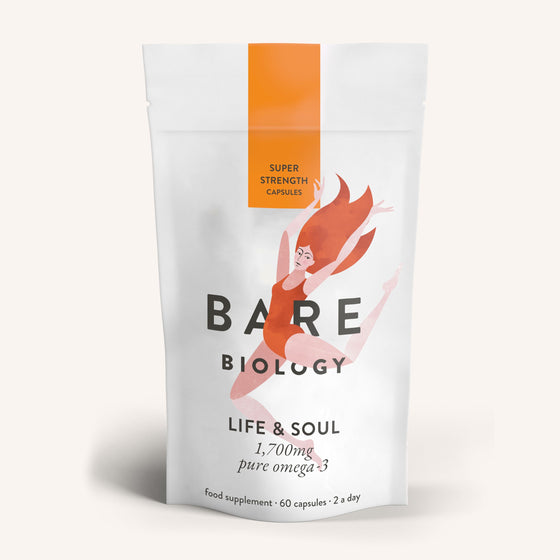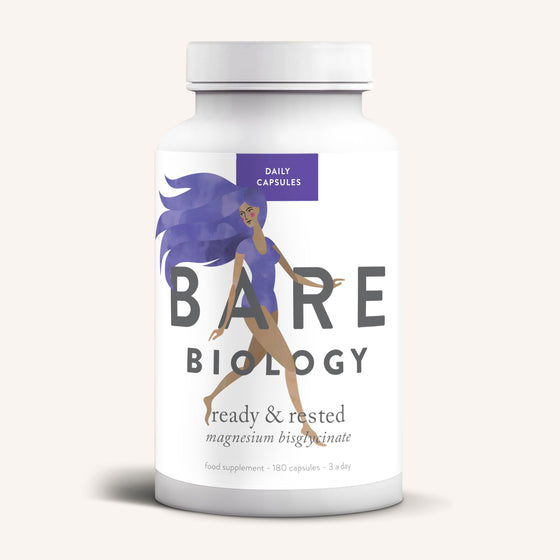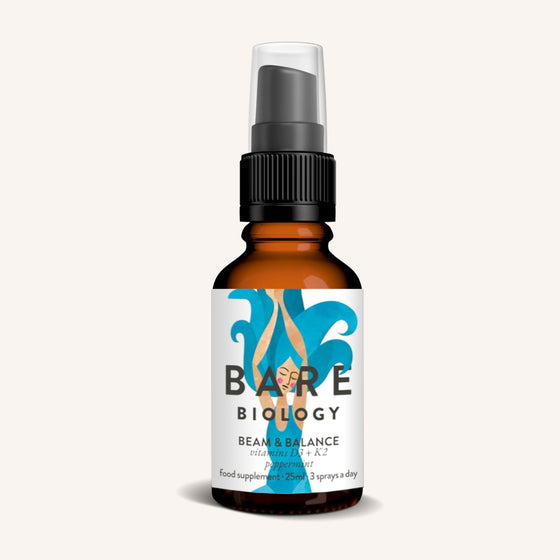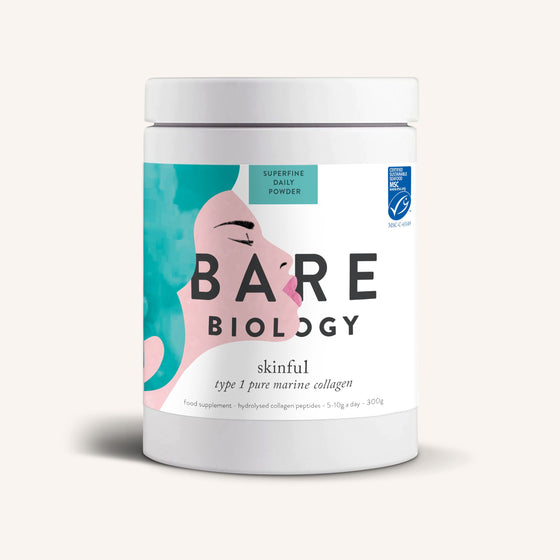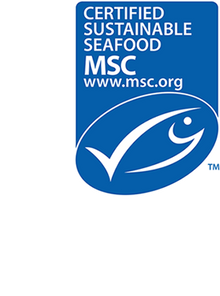The immune system works hard to protect, heal and repair us but it’s only when the cold and flu season sets in that we thank our immune system. It’s no wonder that in times of such uncertainty we want a sense of agency over our health.
Nutritional supplements, old wives’ remedies and fortified foods all promise to ‘boost’ your immune system and stave off colds and flu. But is there any scientific truth in these claims? Google search results of immune boosting methods reveal the majority of products/articles are rooted in false claims and misleading information.
It’s true that many supplements do have studies to support how they help the immune system but how robust is the evidence? How applicable is it to humans? Do they interact with any medications you may have to take? And is there any risk? You get the picture.
There is no scientific way to boost your immunity and you don’t really want to. The symptoms and damage that come with COVID19 are, in part, a result of our immune system overshooting.
But can diet be helpful in strengthening our immunity and keeping us well? Before we dive into the details, let’s be clear. There is no such thing as an immunity diet, per se. Ultimately, we want a balanced immune system and this requires a balanced diet. Your immune system is mind-bogglingly intricate and complex. The huge constellation of immune cells not only have their own unique functions but an equally unique nutritional demand. In such a multifaceted system, nutrition can only ever be part of the whole immunity health equation. Eating for immunity should equate to eating for your longevity, not just the short-term fix.
Your immune system ages, weakening as you get older and this starts as early as our 20s. Fortunately, we are discovering plenty of things you can do to turn back the immunological age clock and stay healthy throughout your lifespan. Here are some things you can do…
The micros: vitamins and minerals
The immune system requires all the essential micronutrients to function properly. There are several that are highlighted as particularly important for infection protection: vitamins A, C, D, and E, folate, vitamins B6 and B12, beta carotene, iron, riboflavin, selenium, coenzyme Q10 and zinc. Deficiencies in any of these can impair your immunity and increase risk of infection. Adding the deficient nutrient back into the diet restores the immune function and resistance to infection.
A food first approach is your best bet to get all essential micronutrients and comes with a few added benefits too (see below). The exception being vitamin D. Current advice from Public Health England is that adults and children over the age of one should consider taking a daily supplement containing 10mcg of vitamin D during autumn and winter in the UK. It's also important to bear in mind that different life stages and lifestyle choices may require supplementation.
When we are fighting an infection the cells and molecules of our immune system become increasingly active. This results in a significant increase in the demand of the immune system for nutrients to provide a ready source of energy as they go to battle fighting off those trespassing germs. Not to mention resolving the collateral, healing and repairing after the germ is gone.

Vitamin C is a key example of this, with our immune system using more when we are sick. Taking vitamin C supplements may provide a small reduction in the length and severity of a cold, particularly for those with busy or stressful lives, or who do a lot of sport. Often touted as immune boosting, zinc certainly does play an important role in immunity, helping both our immune cells to do their job in the fight against an infection as well as helping our cells resist infection with viruses that cause the common cold. This means there may be a small benefit from taking zinc supplements upon onset of symptoms. But there are risks related to prolonged zinc supplementation. Too much zinc may throw out other nutrients like copper and can cause gut distress.
Flora, fibre and phytonutrients
Flora
There is possibly no better way to nourish your immunity than through good gut health. We are superorganisms. Home to some 38 trillion microbes (our microbiota, or flora). These ‘good’ germs living in our gut are our main immunity educators with whom we form a lifelong health alliance. By now, it’s a familiar fact (and yes, it’s true) that almost 70% of the entire immune system resides in the gut. The strength of our immunity is in part beholden to the health of our gut flora so we have to feed those gut bugs well.
When your microbes chow down on fibre, they produce a veritable banquet of metabolic trash by-products known as ‘postbiotics’. Consider it your own personalised health pharmacy. These beneficial by-products change the personalities of our immune cells for the better, sparking signals that dial down inflammation, reduce all the unpleasant symptoms and switch on our peacekeeping immune function to repair inflammatory damage.
Fibre
Fibre has a bit of an image problem. A good rule of thumb is to ensure you are not only getting enough fibre, but quality and diversity too. It is recommended to aim for over 30 different plant foods per week. A carb-fibre ratio (at least 1g fibre to every 10g total carbohydrate) can guide you as you look at food labels: simply divide the total carbohydrate in grams by fibre.
Fibre is found in fruit and veg, nuts and seeds, legumes and whole grains. Resistant starches – so called because they are resistant to digestion in your gut (but not for your gut bugs) include cooked and cooled white potatoes, oats, lentils and rice.

Some specific fibres such as beta-glucans from oats or mushrooms are known to have direct antimicrobial and anti-inflammatory activity. Take care to increase dietary fibre slowly to give your gut time to adjust. Avoiding unnecessary antibiotics can help too. A handful of small studies have shown certain probiotics may be helpful, but the current evidence is limited with no immune system-specific recommendations.
Phytonutrients
While micronutrients are essential for health, phytonutrients are very beneficial. Phytonutrients are biologically active chemical compounds found in plants. They act as a natural pesticide helping protect plants from predators. So, it’s no surprise that regular consumption helps to prevent us from getting sick too. Currently, phytonutrients are referred to as non-nutritive, meaning we don’t have a specific recommended daily intake or reference amount deemed necessary for health – partly because they are not as essential to survival as vitamins and minerals. But there are many ways in which eating a variety of phytonutrients provides us with extra ‘immune-nourishing’ benefits, not only protecting us from infection but warding off long-term chronic disease. There are over 25,000 different phytonutrients recorded across many foods – not only fruits and veggies, but also beans and pulses, tea, coffee, red wine, cacao, herbs, spices and olive oil. Their immune-nourishing effects cannot be explained by selecting just one or two, like curcumin in turmeric or polyphenols from blueberries. Think about them working synchronously and collectively producing their maximum health effects when consumed consistently.
Good fats
Despite their controversial past, fats are essential for health. We may think of fat as being just one thing but not all fats are created equal. Getting the right kind of fats in our diet is incredibly important for our health. Dietary fat also allows the proper absorption of important fat-soluble vitamins A, D, E and K. Omega 3 fats are quite unique from most other fats in our diet and they are the ‘good’ fats that we should be welcoming into our diet due to their impressive health profile. Importantly we need to obtain them from our diet, making them essential nutrients. Omega 3 is emerging as a powerful tool we should all have in our health toolbox. Even with no apparent deficiency signs or health conditions, including Omega 3 is highly essential to our overall health and long-term wellbeing.

The macros and energy balance
Cells of the immune system utilise all the macros: carbohydrates, proteins and fats. These provide fuel for energy and the building blocks to their many signalling molecules and antibodies. Immunometabolism -how metabolism of these macronutrients is integrated with the fate and function of our immune cells – is a swiftly growing area of research.
Scientists have long recognised that metabolic problems are linked to issues with our immune defences. This means that too much or too little of one or another macronutrient can have quite a profound knock-on impact on immunity. Inadequate protein consumption is a well established immune impairing factor. To date, there are very few studies examining the impact of carb and protein content of meals with different macronutrient composition on immunity. But we are starting to get a few clues.
The immune system also suffers in both conditions of under and overnutrition, too much food can be bad as too little. If you are stuck at home during COVID19 lockdown, be mindful that it’s all too easy to overeat ultra-processed foods that are high in calories and low in nutritional quality. These are often the foods that really hit the bliss point making them easy to overconsume. On the flip side, it's probably not the best time to jump on the fasting bandwagon which could risk us under consuming enough calories. This is known to negatively impact our infection protection.
Salt
The World Health Organization recommends that people eat no more than 5 grams of salt a day to avoid high blood pressure. In the UK, people eat 8 grams on average. Eating too much salt may also impair our immunity including the ability to fight infections. When we eat lots of salt, hormones are released to make the body excrete more salt. These include glucocorticoids that have the side effect of suppressing the immune system throughout the body. Too much salt also tips the delicate immune system balance away from proper regulation which can impair our ability to minimise collateral damage from fighting an infection with inflammation.
Alcohol
While moderate alcohol consumption may have some health benefits, higher amounts can lead to severe problems. In many healthful dietary patterns, such as the Mediterranean, wine is consumed in low quantities with meals. However, our immunity could indirectly be negatively affected through alcohol’s influence on sleep, which may be poorer in quality and quantity. In terms of gut health, alcohol can cause serious problems too. People who drink excessive alcohol tend to be at an increased risk for infectious diseases, take longer to recover from illnesses and have more complications. Heavy alcohol intake can also affect organs that regulate immunity, such as the liver and bone marrow.
Flavour, fun and everything else
Just as the nutritional quality of our food is important for immunity, so are our emotions around food. Reclaim the joys of your dinner table and give your meals some thoughtful presentation. Studies show that taking pride in our food leads to a more enjoyable meal. Take time for proper chewing and digestion. We might have limited cupboard staples right now but doesn’t mean meals need to be bland. Try a new recipe or challenge yourself with different flavour combinations to bring your food to life.

Loneliness and social connection matter as much for our immunity as our mental health. Our connections to the ones we love might feel broken right now, but it's an opportunity to connect more broadly to our neighbours, local communities as well as globally through technology while we are confined to our homes. Cultivating opportunities for those endorphins and feel-good hormones through daily movement, stress management and quality sleep also have a much-needed nourishing effect on our immunity.
Finally, perhaps most importantly, there is no way to become invincible to all germs. We are all immunologically unique and that’s by design. Even if you are doing everything ‘right’ you can’t eliminate risk completely.
Dr Jenna Macciochi has over 20 years' experience as a scientist researching the impact of lifestyle on the immune system in health and disease. She is on a mission to break down the science behind our health and share the secrets of how to be well, for good. Jenna's brand new book is now available to buy at https://smarturl.it/
